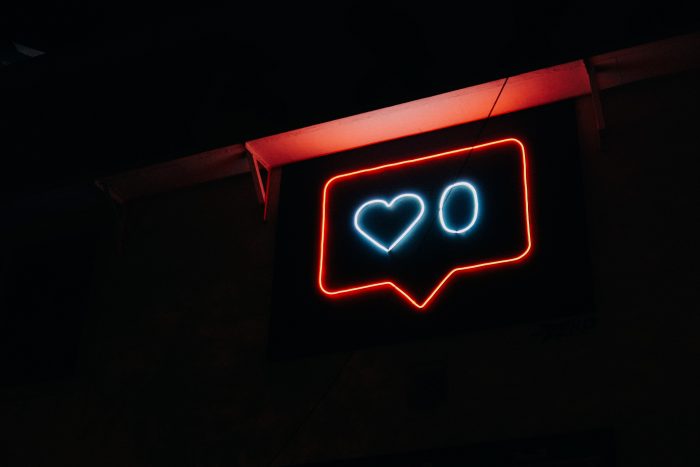“What others think of you is none of your business.”
~
What do we want from each other?
I was at a get-together with a few friends when what people share on social media became the topic of conversation. The group talked about a woman who they knew was going through a divorce, but who didn’t post about it. Her shares on social media were as if everything in her life was okay. In the next moment, the banter shifted to talk about another woman who posted every dirty detail about the divorce she was going through.
Members of the group expressed their disapproval of both ends of the spectrum. Neither was acceptable. Neither account, to them, was satisfying. The woman who didn’t share was being fake. The woman who did share was sharing too much.
What do we want from each other?
Be real, but not too real. Share the truth, but not the whole truth. Share, but only with certain people. Express yourself, but make sure we don’t feel uncomfortable with what you share.
I related to the woman who was only posting the positive aspects of her life while those closer to her knew she was going through a hard time. I once lived with a mask of happiness, thinking no one wanted to be burdened by my misery. On social media, I posted what I loved about my marriage, my husband, my family life, and my work life. What I withheld was that I was also riddled with uncertainty, deep disappointments, feelings of anxiety, loneliness, and disconnection.
Looking back on it now, I know why I couldn’t post the whole truth:
I couldn’t be honest with others, because I couldn’t be honest with myself. Most of the time, I believed the mask I wore was my reality. I didn’t admit anything was wrong because, subconsciously, I didn’t know what to do about it if I did. Although it was a dysfunctional coping mechanism, focusing on the positives helped me stay afloat when my subconscious was afraid I’d drown if I admitted the truth.
When I was aware of my unhappiness, I felt too disconnected from people to reach out in any way. I didn’t write about my vulnerability because I was so afraid of being judged and looked down upon. I felt ashamed for not knowing how to navigate my troubles, and I didn’t want to risk the rejection of others by sharing my feelings.
After a long period of self-examination, self-compassion, and trauma healing, I started being much more vulnerable in what I shared online. I reached out to my social media crowd when I felt scared, overwhelmed, and insignificant. I posted honestly about my uncertainties, hardships, and confusion.
I related, too, to the woman our group had accused of oversharing. I wondered if she, like me, had people post supportive comments and write in private messages that they were grateful for her being open—that her honesty helped them through their own hard time.
Did she, too, express her anger, frustration, and sadness? Was she, too, reaching out for validation and support? Did she, too, want to feel a sense of connection during such a tumultuous time in her life?
I found myself hoping that the mask-of-happiness posters would read the oversharer’s posts—that they might be helped to realize that along with the risk of rejection, sharing vulnerably also offers the opportunity of connection.
When I listened to the group talk about each of the women, I was reminded of the phrase, “what people think of you is none of your business.” We judge others on either side of the spectrum, and anywhere in between, yet it only reveals our own internal dialogue. Our judgement exposes our values and our fears—nothing more.
When I judge the mask-of-happiness posters, it’s because I value connection. I want to see the humanity in others that I feel in myself. When I judge the oversharers, it’s because I fear being that vulnerable. As a form of psychological projection, I reject each for the very same rejection that I fear.
I sat back and listened to the conversation that day, shifting my empathy from the mask-of-happiness poster, to the oversharer, to the group judging them. I’ve come at life from all three positions, and the one that feels the best to me is the one that connects me to others. I choose the life of the sharer. The only time it’s oversharing is when someone else is judging. And that’s none of my business.







Read 4 comments and reply